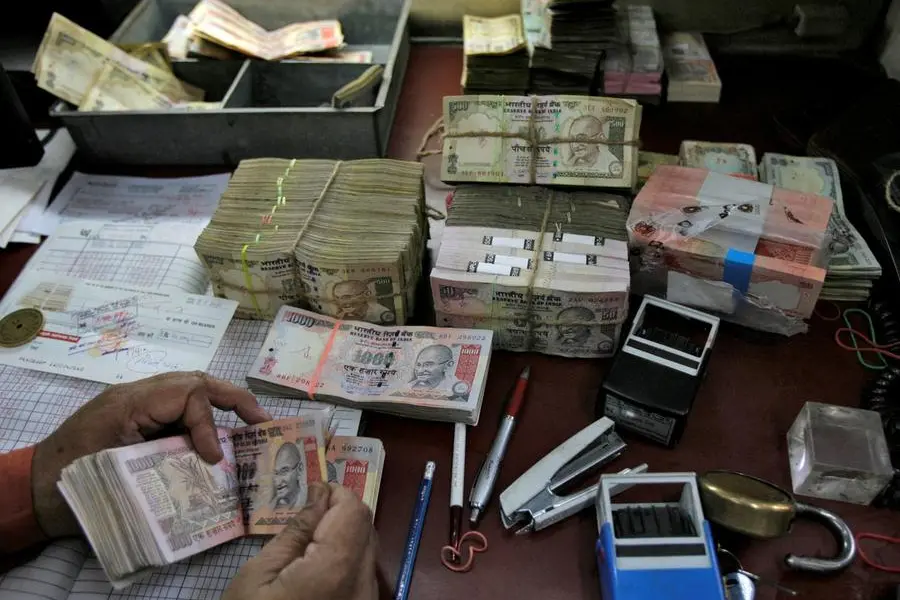PHOTO
Asset quality of Indian banks' consumer loans has held up well so far, but an accumulation of "untested risks" due to rapid growth may challenge lenders' underwriting standards and risk controls, Fitch Ratings said on Monday.
"Fitch's assessment of Indian banks' risk profiles also factors in lower transparency in terms of data disclosures on retail underwriting, such as loan-to-value ratio, borrower debt serviceability, credit bureau scores, and recovery rates, than most Asian banking systems," the rating agency said in a statement.
Indian banks have reported strong loan growth over the last few quarters, boosted by consumer spending amid firm economic growth.
Banks' loans rose 19% in the two weeks to April 19 from a year earlier, latest data from the central bank showed.
Retail loans, or loans given to consumers, which constitute about 10% of all bank loans, have grown at an annual rate of 20% since 2020-21, Fitch estimates.
Most lenders have reported an improvement in their asset quality, but have banked on unsecured credit to expand margins.
The Reserve Bank of India (RBI), in November, increased risk-weights on certain loan categories to improve buffers against the potential for build-up of risks. It has also applied business restrictions on certain entities in case of supervisory concerns, and is proposing to increase provisioning on project finance.
While the RBI's measures can foster greater caution towards risk-taking, their effectiveness "through the cycle" is not yet proven, Fitch said.
Asset quality pressures from the previous credit cycle are subsiding, creating a favorable business environment. Still, loss absorption buffers, particularly at state-run banks, remain "moderate" against high concentration risks and renewed interest towards sectors such as infrastructure and construction, Fitch said.
Banks' risk appetite through higher loan growth will remain a key consideration for their intrinsic creditworthiness despite improved financial performance, it said. (Reporting by Siddhi Nayak; Editing by Mrigank Dhaniwala)





















